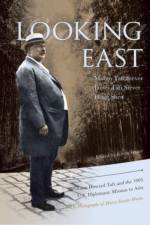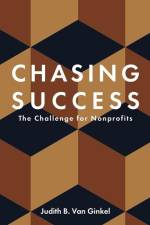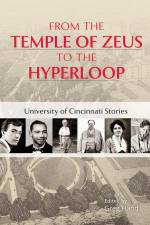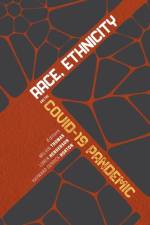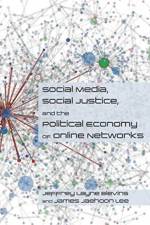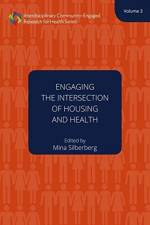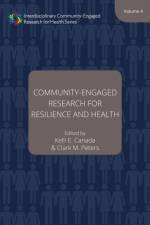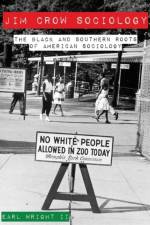av Melvin Grier
505,-
Award-winning photojournalist Melvin Grier discusses the influences and circumstances that led him to tell stories through the camera. Over the last six decades, Melvin Grier's work has vividly portrayed community, humanity, irony, fear, war, elegance, art, and, most notably, the unexpected. It Was Always About the Work includes nearly one hundred black-and-white and color photographs, including photographs from Grier's most famous exhibitions and news stories. Whether covering local events, Cincinnati life, impoverished villages overseas, young future Marines on their way to their first post, or high fashion, Grier's photos are unmistakable and evocative. Starting with his early years as a boy growing up in Cincinnati, this book tells the story of a young man who won his first photo contest while in the Air Force. He came home determined to make a career as a photographer, and, despite his lack of formal training and experience, he secured a job as a photographer for the Cincinnati Post. After the closure of the Cincinnati Post in 2007, Grier continued his career as an independent artist, featuring work in exhibitions such as "White People: A Retrospective" and "Clothes Encounters." In collaboration with one of his journalist partners, reporter Molly Kavanaugh, Grier shares why it was always about the work.


